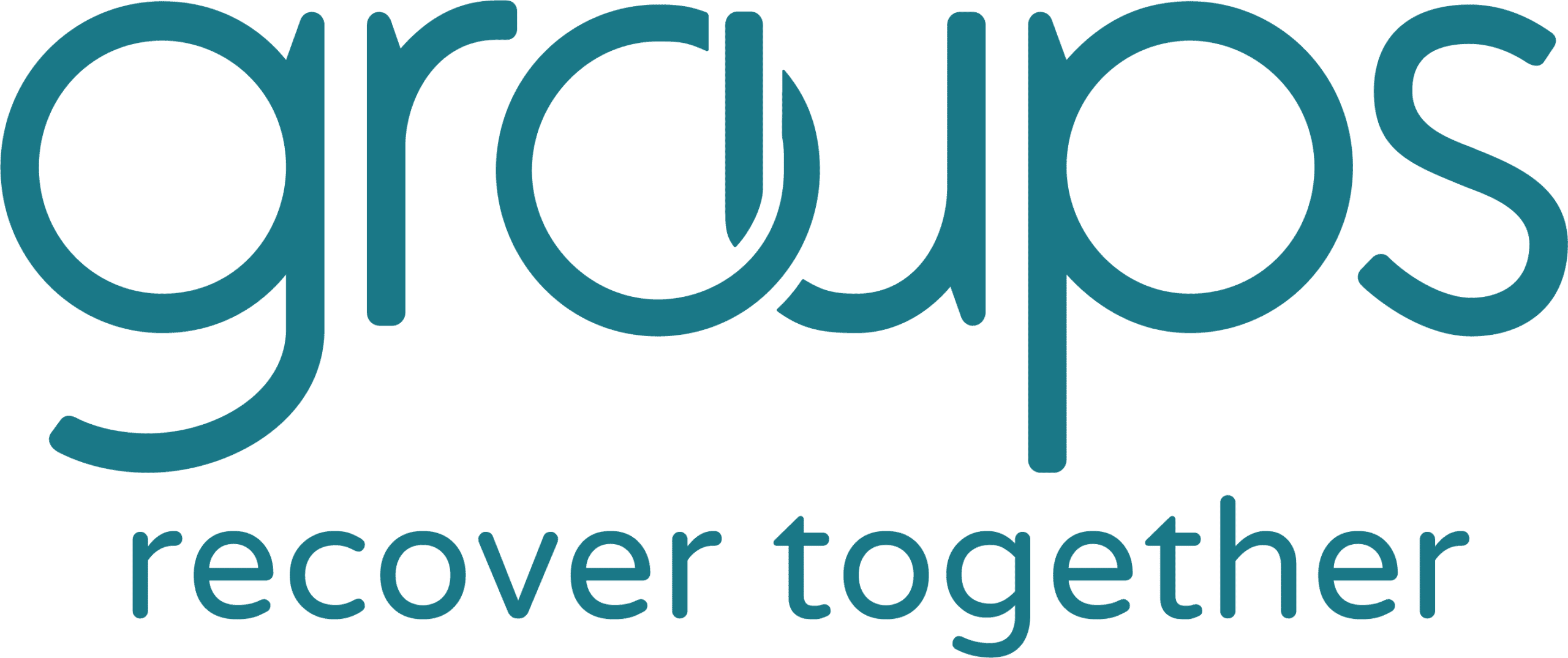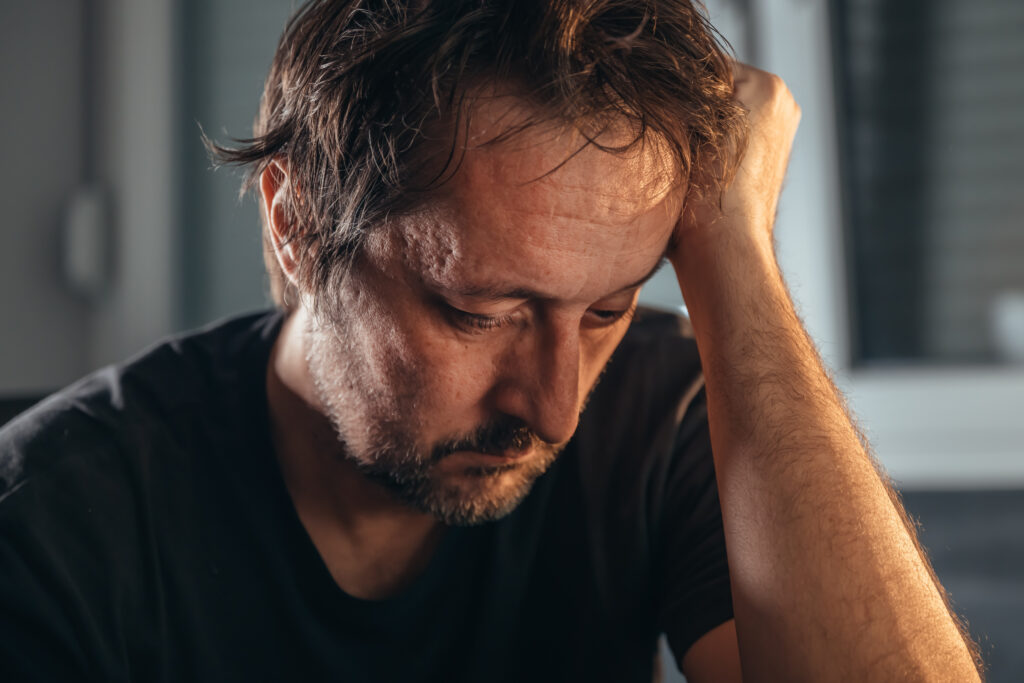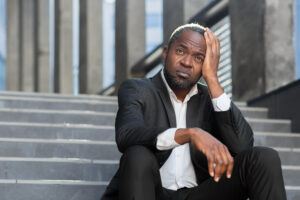Relationships of all kinds can bring so much to your quality of life. Having romantic relationships, friendships, and close family members can give you support in hard times, people to make memories with, and a sense of belonging. However, relationships aren’t easy, especially while you’re on a recovery journey.
When you’re in recovery from experiencing addiction, such as opioid use disorder, it’s important to reach out to friends and family for support, motivation, and encouragement. While it’s your journey, you don’t need to go through the steps alone. Even though trying to build or repair a relationship during this time isn’t easy, it is possible — and important — to maintain healthy connections.
All types of relationships can be affected while you’re in recovery. This blog post will focus on tips for romantic relationships, especially those that are still trying to get off the ground.
4 things to keep in mind while trying to start a relationship while in recovery
Recovery is an extremely vulnerable chapter of your life. It can take a physical, emotional, and mental toll on you that can’t always be shrugged off. However, it’s important that you find positivity in whatever way you can. For many people, their partners are a guiding light during opioid use disorder recovery.
Every relationship can have difficult moments, and recovery can put additional strain on a budding relationship. You might want to isolate yourself away for a while. Maybe you don’t have the emotional capacity that your partner requires of you sometimes. Those reasons are also why beginning a relationship in recovery might not be right for some people.
However, therapy can help those who want to continue building that bond. Therapy can aid in your recovery and also boost your communication skills, emotional regulation, and ability to deeply connect with your partner. If you need help finding a therapist, members can reach out to our Recovery Support Specialists.
If your partner also has opioid use disorder or they’re in recovery, one-on-one and couples therapy can play an essential role in helping address how your individual journeys affect your relationship. It’s important to see how your partner’s challenges and progress are impacting your own.
Here are four tips for those building relationships while in recovery:
- Don’t change your focus — Relationships take work. However, your partner should be a supportive outlet during recovery, not a distraction. It’s important that you prioritize your recovery. That could mean missing quality time with your partner. Maybe you need to take time to yourself to practice or use your coping strategies. The right partner will be understanding and supportive of your needs during your recovery journey.
- Set boundaries immediately — When you’re starting a relationship, setting boundaries should always be a priority. While everyone has their own boundaries that deserve to be respected by their partner, people in recovery have boundaries that help them continue to work toward the life they want while maintaining their mental health. Boundaries that you may set include avoiding situations where substances are present, your comfort level with discussing treatment, and time commitments to self-care.
- Open lines of communication — In any relationship, communication is a two-way street. Even if you’re going through the challenges of recovery, it doesn’t mean that your partner doesn’t have their own struggles. It’s essential that you’re open, honest, and respectful with each other, even when those conversations can be distressing or upsetting. By being as open as possible about your thoughts and feelings, you can gain a deeper understanding of each other and what you each need out of the relationship.
- Share your triggers — Similar to the previous two points, remember that your partner won’t know what’s helpful or harmful to your recovery unless you tell them. Everyone has their own triggers, which are places, sounds, people, or situations that bring them mental health distress. When you’re in recovery, triggers usually mean the things that give you the urge to use again. Tell your partner about your triggers so that they can try to prevent challenging situations while understanding your emotional reactions.
By keeping these tips in mind, you can determine if this relationship is the right one for you at this time. It’s possible that starting an unhealthy relationship early in your recovery can lead to toxic behavioral patterns that can get in the way of your progress.
Groups can help you through every aspect of your recovery, including relationships
Being with the right person can bring so much good to your life. Even when recovery can throw emotional and mental challenges that may affect your relationships, the right tips and tools can help you form meaningful connections with someone that will last long after your treatment.
Through weekly group therapy sessions and life-goal assistance, Groups can help you develop the tools you need to form, and keep, healthy relationships that enrich your life throughout recovery and beyond.
Give our Recovery Support Specialists a call today for more information or to begin your recovery. If Groups doesn’t offer treatment in your state, you can locate other treatment options here.




